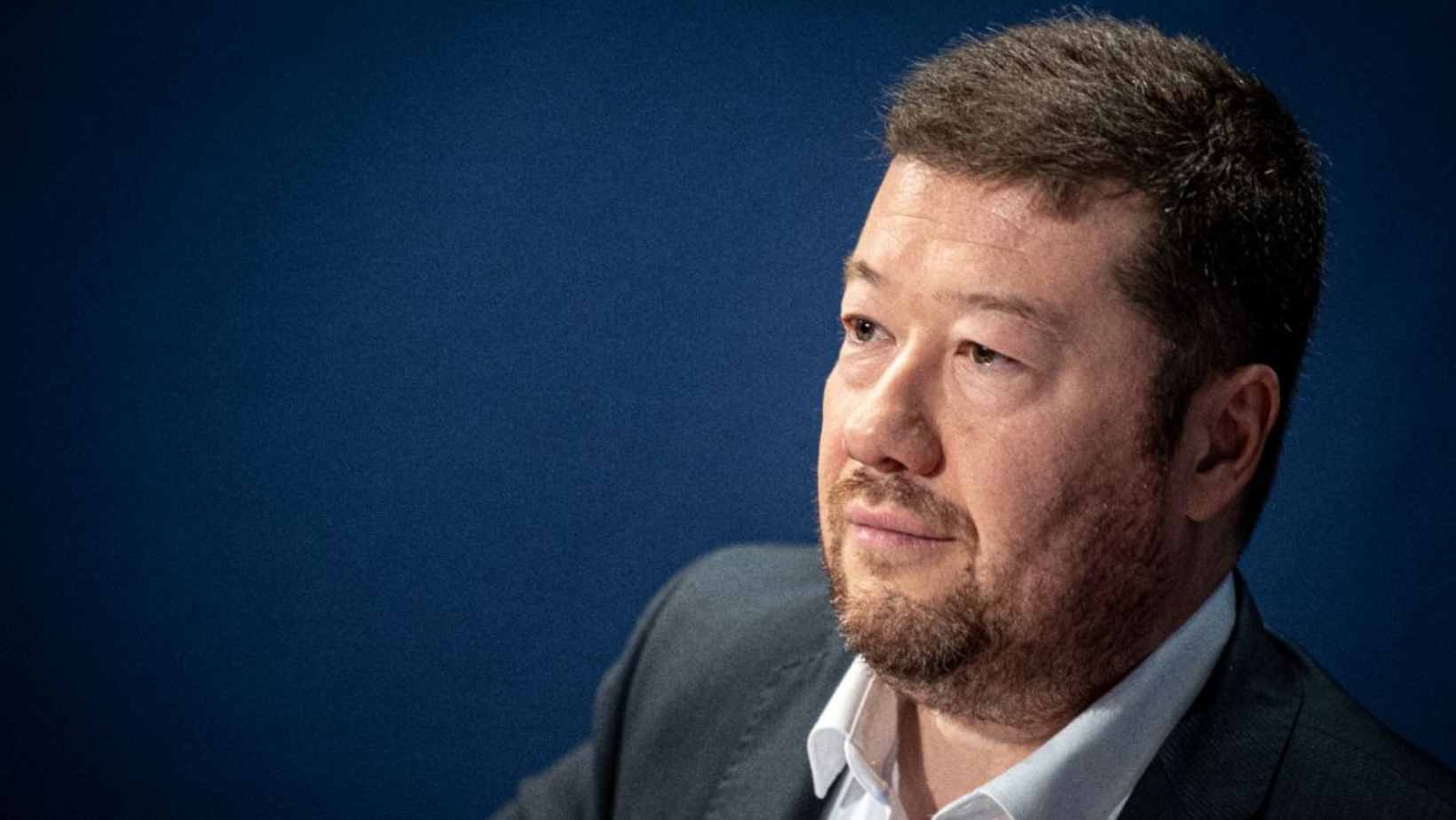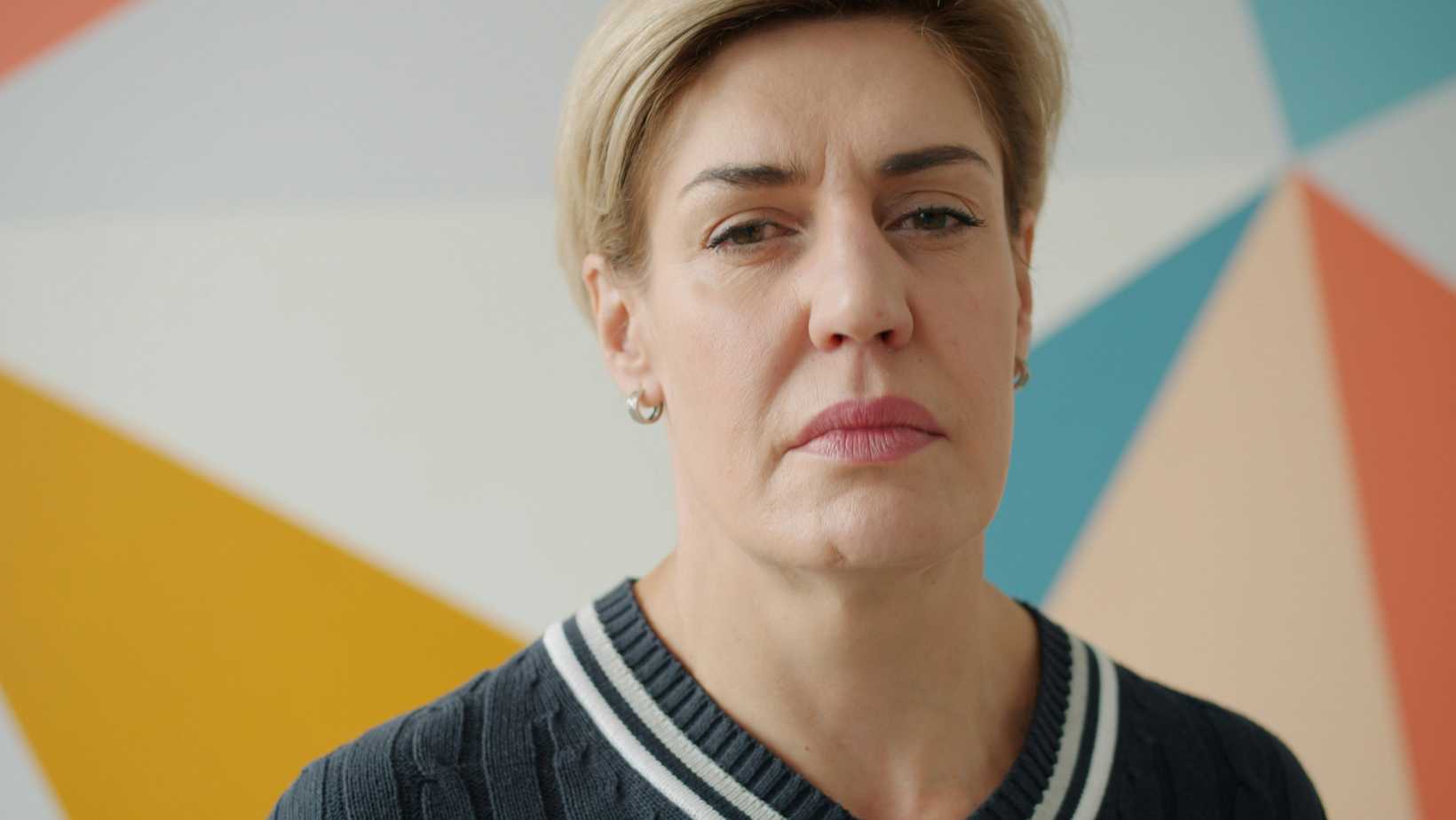Czexit Talk Returns: Okamura's SPD Rises Ahead of October Vote
Prague Morning

With the general election approaching in October, Tomio Okamura’s Freedom and Direct Democracy party (SPD) is once again drawing attention — not with dramatic new proposals, but by quietly strengthening its position on the political map.
Recent polling suggests SPD is holding steady between 13 and 17 percent. That might not be enough to lead the next government, but it’s more than enough to influence who does. And that possibility is making both Prime Minister Petr Fiala and opposition leader Andrej Babiš uneasy.
Fiala’s centre-right Spolu coalition is battling flagging approval ratings. Babiš, despite leading most surveys, isn’t guaranteed a majority. If he falls short, he may have to consider working with Okamura — someone he’s previously dismissed as too radical for mainstream politics.
But Okamura isn’t repeating the same slogans that made headlines in past campaigns. Instead, he’s adjusted his tone. The word “Czexit” has all but vanished from his speeches. In its place: calls for national referenda on EU membership and more direct public say in decisions involving Brussels.
At a recent campaign stop in Ústí nad Labem, he told supporters, “We’re not talking about leaving Europe. We’re talking about returning power to the Czech people.” The message is less confrontational than in previous years — but the underlying ideas haven’t changed much.
Analyst Pavlína Janebová, of the Association for International Affairs, sees a deliberate shift. “He’s softening the language, but the core message is the same,” she said. “It’s smart politics. He knows the word Czexit alarms voters, but the sentiment still appeals to them.”
SPD’s platform focuses on tighter migration controls, constitutional changes to allow Swiss-style referenda, and opt-outs from EU regulations. The party often frames these positions as simple common sense — a phrase repeated in speeches and campaign materials.
While nationalist parties in nearby countries have seen leadership changes or internal divisions, SPD has remained unusually stable. Okamura has kept a tight grip on the movement, avoiding the splintering that’s weakened similar groups in Slovakia or Poland.
What helps him stay relevant is the way SPD weaves together multiple strands of public frustration: worries about rising prices, dissatisfaction with the political establishment, and anxiety over the costs of supporting Ukraine. The message lands strongest in regions outside Prague, where disillusionment with mainstream parties runs deeper.
Meanwhile, Babiš is still recovering from his failed presidential bid last year. Legal troubles continue to follow him, and his relationship with Okamura is complicated. But the arithmetic may leave him little choice — if he wants to return to power, he might have to reach across the aisle.
Would you like us to write about your business? Find out more
-
NEWSLETTER
Subscribe for our daily news









